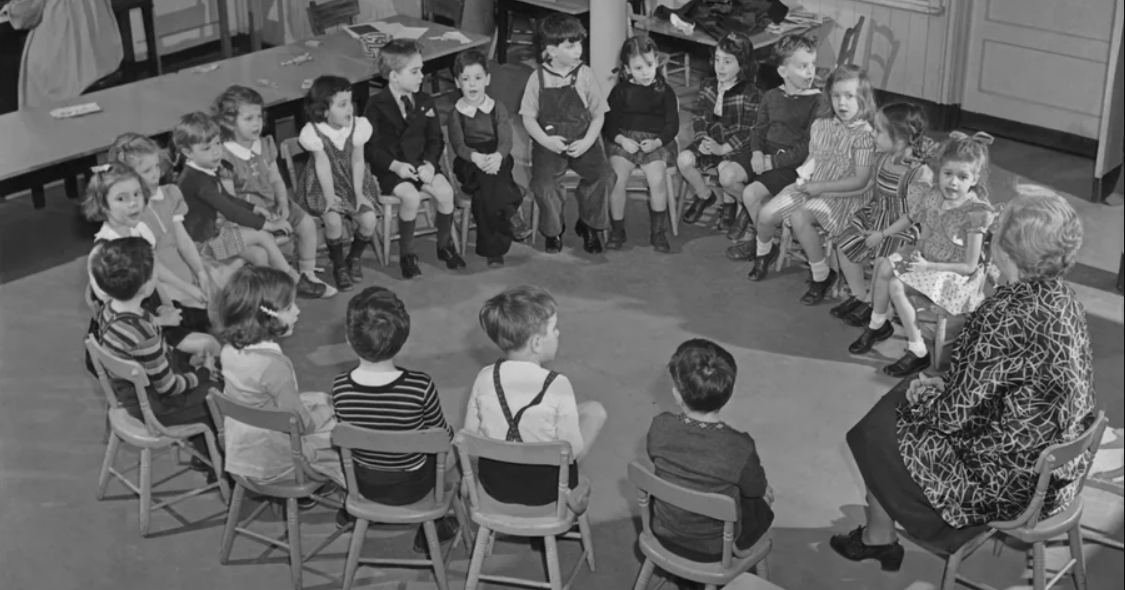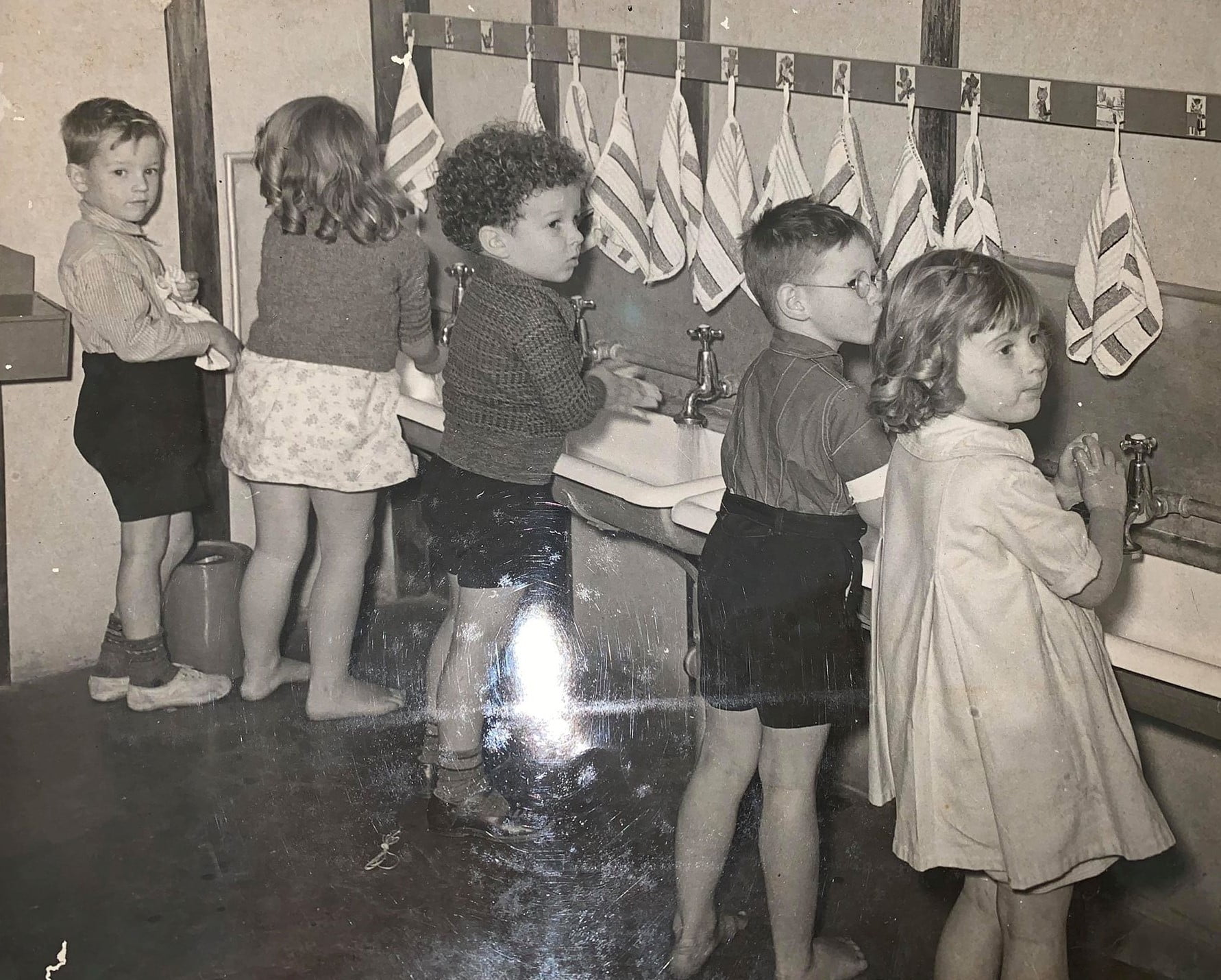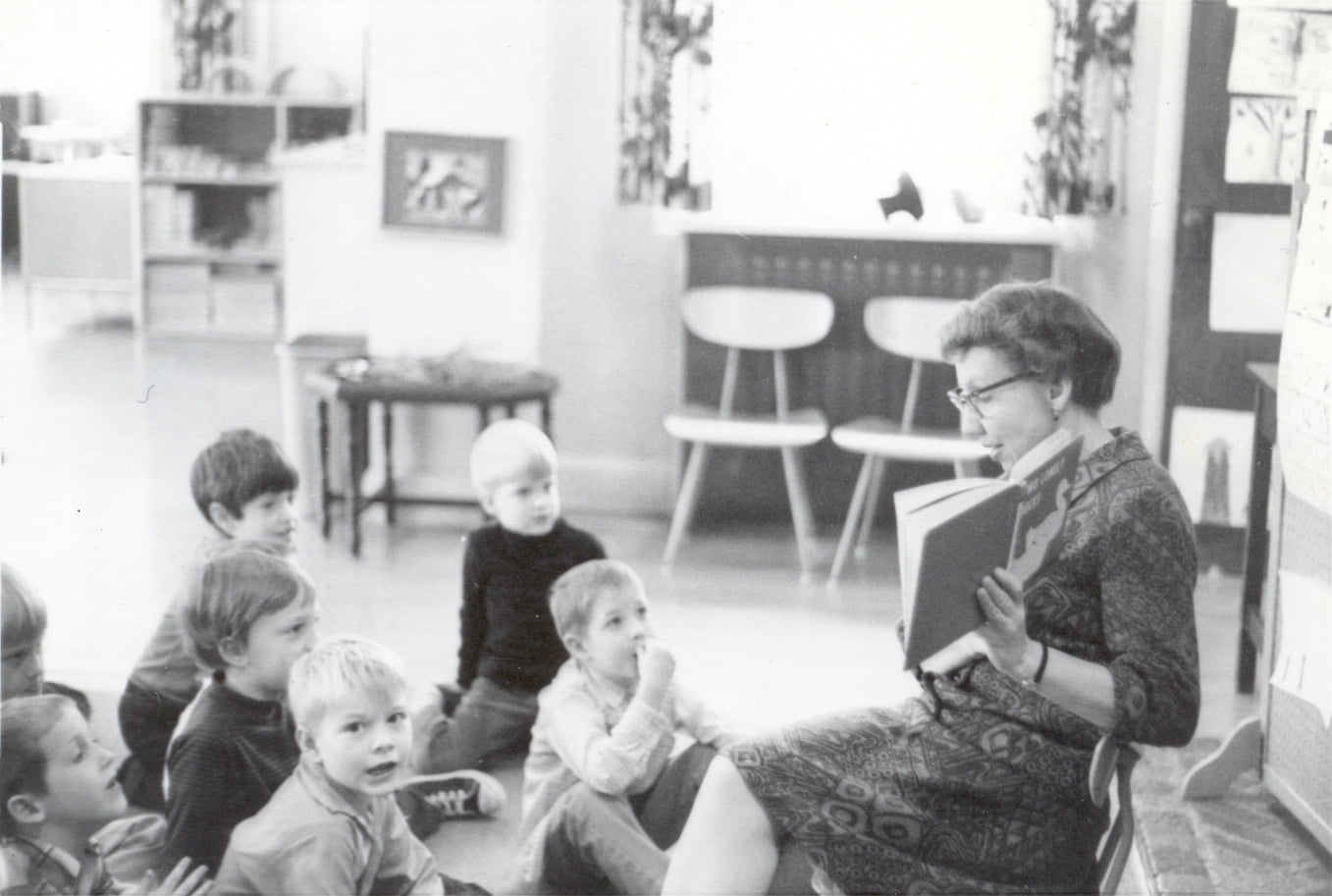11 Things That Were Actually Expected Of Kindergartens Back In 1954

source: Getty Images
Kindergarten has been a staple of early childhood education for over a century. While the purpose of kindergarten has remained the same – to provide young children with a nurturing, play-based environment to prepare them for formal education – the expectations of kindergartners have evolved over time. In 1954, the expectations of kindergartners were quite different from what we see today. Here are 11 things that were actually expected of kindergartners back in 1954:
Reading
Kindergartners in 1954 were expected to read simple words and sentences. The goal was to lay a foundation for reading comprehension and fluency.

Writing
Kindergartners were also expected to write simple words and sentences. This included practicing the alphabet, letter formation, and penmanship.

Arithmetic
Basic arithmetic skills were taught in kindergarten, including counting, addition, subtraction, and number recognition.

Good Manners
Kindergartners were expected to have good manners, including saying “please” and “thank you,” waiting their turn, and being polite.

Good Hygiene
Kindergartners were expected to maintain good hygiene, including washing their hands, brushing their teeth, and keeping their personal space clean.

Following Rules
Kindergartners were expected to follow rules, such as sitting still during story time and raising their hand to speak.

Physical Activity
Kindergartners were expected to be physically active, including playing games and participating in physical education activities.

Social Skills
Kindergartners were expected to develop social skills, such as sharing, cooperating, and getting along with others.

Independence
Kindergartners were expected to become more independent, including dressing themselves and managing their own belongings.

Artistic Expression
Kindergartners were encouraged to express themselves artistically through drawing, painting, and other creative activities.

Music
Kindergartners were exposed to music and encouraged to sing and dance.

1954 Kindergarten Report Card

These expectations may seem surprising by today’s standards, but they were not out of the ordinary for the time. In 1954, the world was recovering from the aftermath of World War II, and many parents and educators saw education as a way to prevent future conflicts. They believed that early childhood education was key to laying a foundation for lifelong learning and success.
The education system of the time reflected this philosophy. Kindergarten was seen as a critical time in a child’s development, and the expectations for kindergartners were high. Teachers were expected to create a structured, academic environment that prepared children for the rigors of formal education.
While this may sound daunting, it’s important to note that the teaching methods of the time were still developmentally appropriate. Teachers understood that children learned best through play and exploration, and they incorporated these activities into their lessons. They also understood that each child learned at their own pace, and they differentiated their instruction accordingly.
The expectations for kindergartners today are quite different. While academic skills are still important, the emphasis is more on social-emotional development and play-based learning. Kindergartners today are encouraged to explore and learn through hands-on experiences, and the focus is on building a love of learning that will last a lifetime.
This shift in expectations reflects a growing understanding of child development and the importance of early childhood education. Research has shown that young children learn best through play and exploration, and that social-emotional development is just as important as academic skills.
While the expectations for kindergartners have changed over time, the importance of early childhood education remains the same. Kindergarten is still a critical time in a child’s development, and it’s important for parents and educators to work together to create a nurturing, supportive environment that fosters lifelong learning
